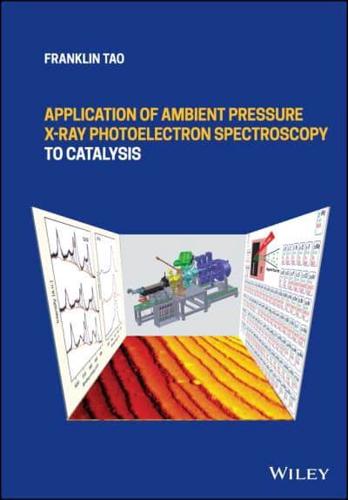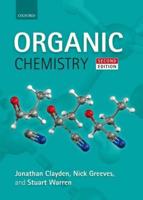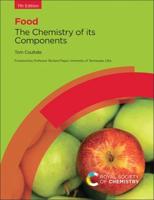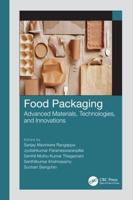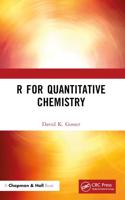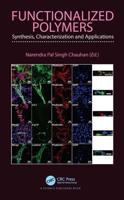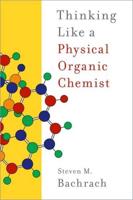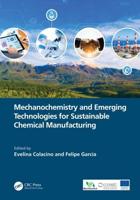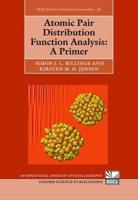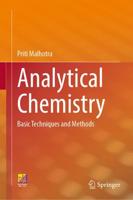Publisher's Synopsis
APPLICATION OF AMBIENT PRESSURE X-RAY PHOTOELECTRON SPECTROSCOPY TO CATALYSIS
Authoritative and detailed reference on ambient-pressure x-ray photoelectron spectroscopy for practitioners and researchers starting in the field
Application of Ambient Pressure X-ray Photoelectron Spectroscopy to Catalysis introduces a relatively new analytical method and its applications to chemistry, energy, environmental, and materials sciences, particularly the field of heterogeneous catalysis, covering its background and historical development, its principles, the instrumentation required to use it, analysis of data collected with it, and the challenges it faces.
The features of this method are described early in the text; the starting chapters provide a base for understanding how AP-XPS tracks crucial information in terms of the surface of a catalyst during catalysis. The second half of this book delves into the specific applications of AP-XPS to fundamental studies of different catalytic reactions. In later chapters, the focus is on how AP-XPS could provide key information toward understanding catalytic mechanisms.
To aid in reader comprehension, the takeaways of each chapter are underlined.
In Application of Ambient Pressure X-ray Photoelectron Spectroscopy to Catalysis, readers can expect to find detailed information on specific topics such as:
- Going from surface of model catalyst in UHV to surface of nanoparticle catalyst during catalysis
- Application of XPS from surface in UHV to surface in gas or liquid phase and fundamentals of X-ray spectroscopy
- Significance and challenges of studying surface of a catalyst in gaseous phase and instrumentation of ambient pressure X-ray photoelectron spectrometers
- Experimental methods of AP-XPS studies and difference in data analysis between AP-XPS and high vacuum XPS
Ambient Pressure X-Ray Photoelectron Spectroscopy is an ideal resource for entry level researchers and students involved in x-ray photoelectron spectroscopy. Additionally, the text will appeal to scientists in more senior roles in academic and government laboratory institutions in the fields of chemistry, chemical engineering, energy science, and materials science.
